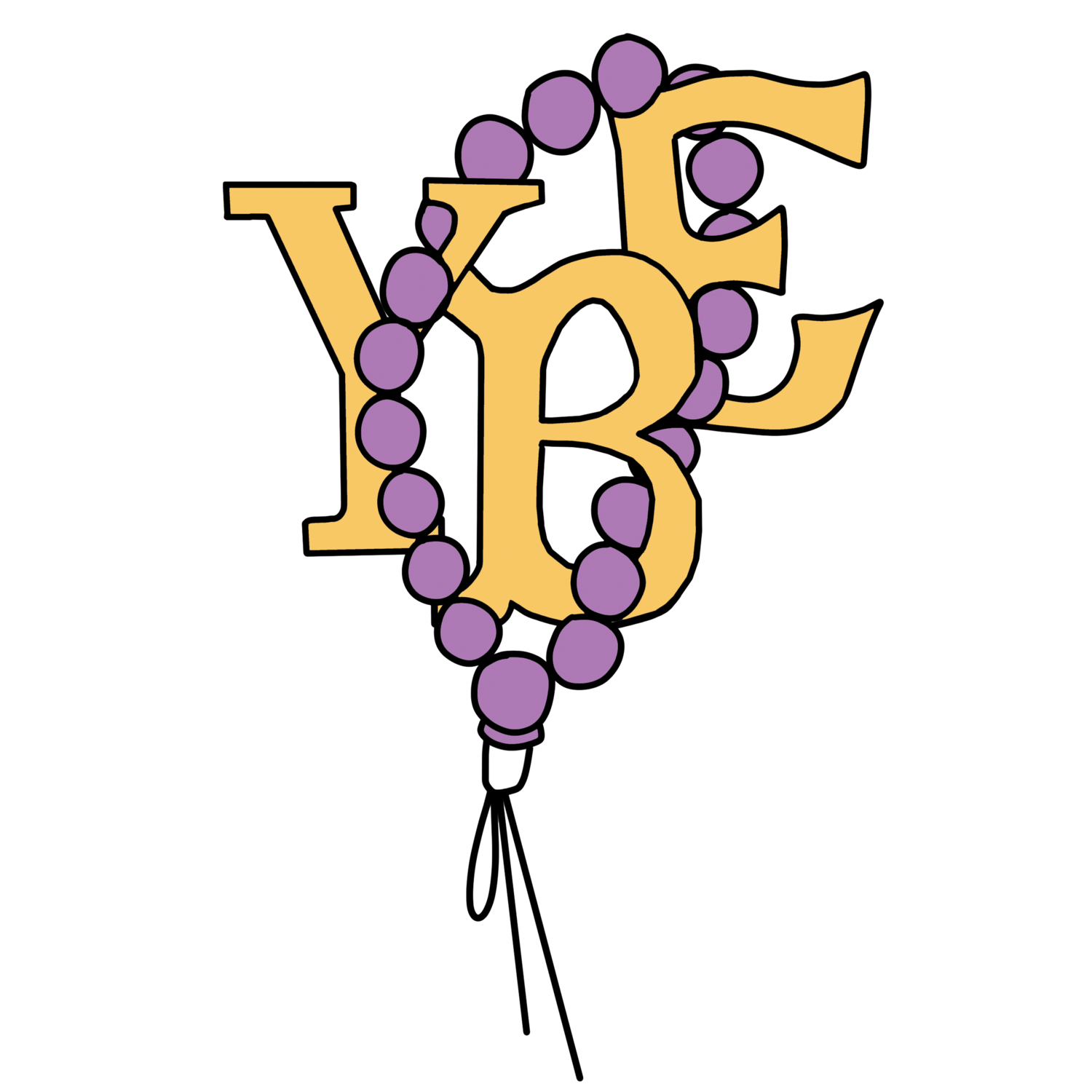Buddhist Chaplain Burnout
By Holly Hisamoto | she/her/hers | Portland, Oregon, USA
I’m winding through hills on the west side of Portland to reach a man dying in a crowded facility, a 40-minute drive away. This is October 2020 and I’m a Buddhist chaplain. I’m exhausted and angry at COVID-19, clutching the wheel and biting my lip. The hospitals are full, our masks don’t fit over my cheekbones, and we don’t have vaccines.
clouds overhead
splotchy and pink
inside my fist
The nurse recently pleaded with me to come visit: The patient’s daughter is stuck in a midwestern airport and we both know she won’t make it to say goodbye to her dad. I hear him coughing on the phone. “Can you please come soon, Chaplain?” I never promise I’ll be there when they die. Instead, I say they will be in my heart, no matter what room I happen to be in . . . But still, I’m going a little fast on this freeway. I’ll slow down, knowing my safety matters . . . But still, I’d like to be there before the end.
I’m getting a phone call and it goes to voicemail. I find a place to pull over, an oak tree-lined road, dense with burgundy leaves. In the shade and quiet, I listen to the voicemail left by the nurse at the facility: “Your patient died and we called the funeral home. I also called Daughter. Can you call her back? She needs some support and I don’t have it in me.”
As usual, the conversation would be made better by tenderness, but we’re not equipped at 5pm on a Friday. When I call the nurse to see how she’s holding up, she says flatly, “I cry everyday.” “Me too,” I sigh. We hold a short silence.
When I call the daughter, she is standing in an airport five states away, surrounded by strangers. I don’t recognize the noise as human, her cry through the phone.
close my eyes, listen
nothing else to do
on the side of the road
⸺
On a solitary retreat at a cabin in the woods, I come to admire a baby bird in a tree hollow. I find myself praying for that fledgling when I walk by, praying for its safety and health: “Please, don’t fall, little bird.” I worry for its mother, what if she returns and finds it eaten, or fallen? What if she dies and leaves it to starve? How strongly I want to protect them. The threat leaves me feeling so helpless.
On my final day of retreat, I hike to a field where I find a dead bird. Its face is gone, now only a skull, its feathered body intact, gently rocking. How is it moving? I peer closer and see hundreds of ants flowing in and out of its chest.
long rivulets
glimmering black
carrying jewels of red
The Pure Land is an unexpected place. A corpse is a treasure box. Dread becomes grandeur. I find myself praying.
when I die
may I too
be used up so thoroughly
bone face dancing
sentient beings feasting
on my open heart
The author offers thanks to the Roots and Refuge Sangha of Asian American Buddhist Writers for loving companionship while she wrote this piece.
This piece has been published as part of the collection, Clouds in Paper.

